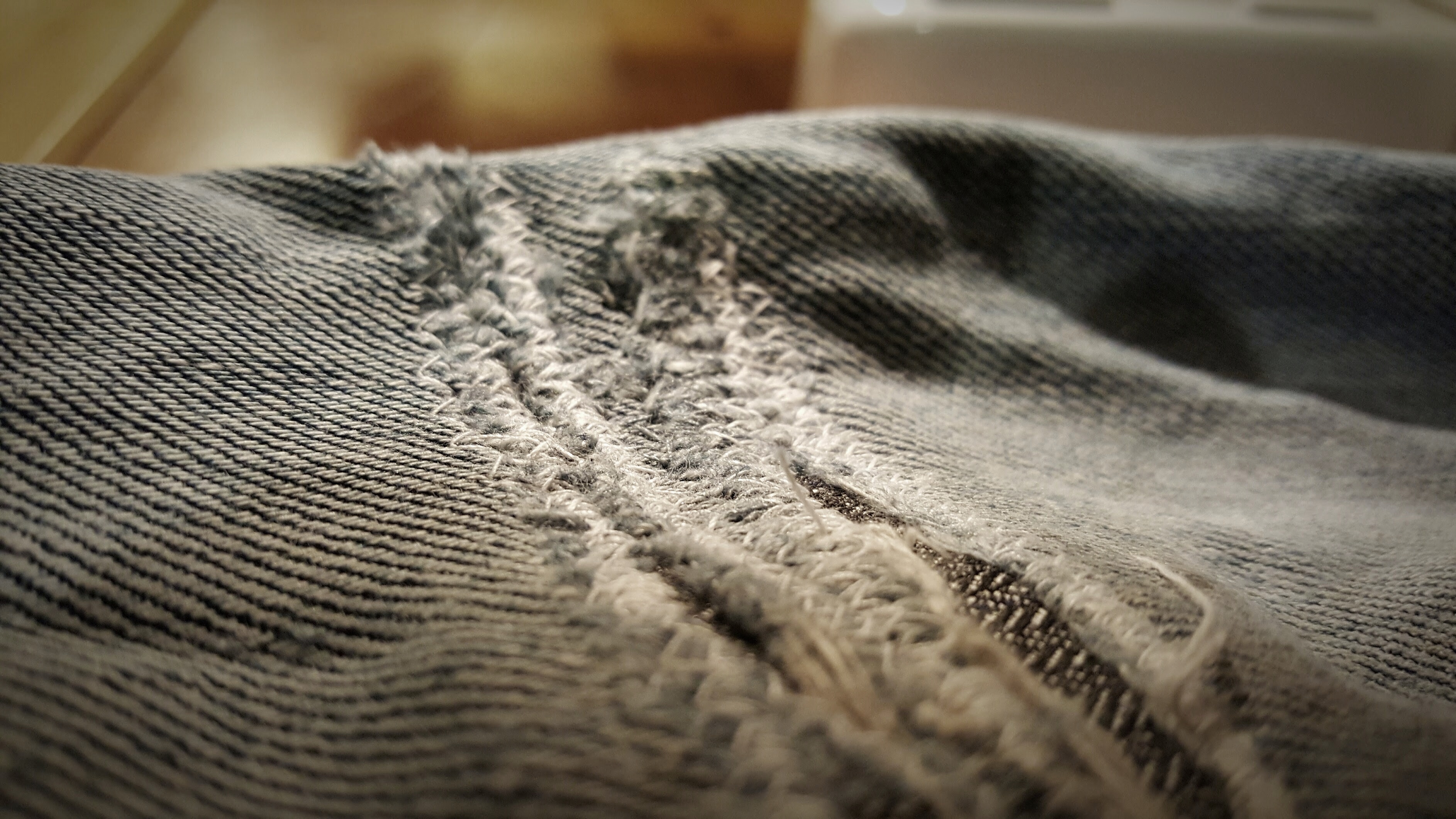
 I’m a sucker for coming of age stories and I picked up “The Interestings” by Meg Wolitzer
I’m a sucker for coming of age stories and I picked up “The Interestings” by Meg Wolitzer because I thought it sounded a little like my beloved “Prep” – a close, carefully written examination of a group of teenagers. It does start that way but it quickly switches to going beyond that – it follows the group into adulthood and parenthood, until their offspring are young adults themselves: after all, coming of age doesn’t stop at the end of summer.
because I thought it sounded a little like my beloved “Prep” – a close, carefully written examination of a group of teenagers. It does start that way but it quickly switches to going beyond that – it follows the group into adulthood and parenthood, until their offspring are young adults themselves: after all, coming of age doesn’t stop at the end of summer.
“The Interestings” come together as a group, and give themselves the semi-ironic nickname, in the mid 1970s, at a summer camp for artistically minded teens. We start from the point of view of the “everywoman” character, Jules, as she gets to know the rest of the cool kids – they are already established friends, more privileged and cultured, so of course she feels like a gawky interloper. As a someone who feels like a perennial gawky interloper, I’m more forgiving of this cliche than perhaps I should be and I bought the budding relationships: primarily that Jules would have a crush on the arrogant rich boy (Goodman), become devoted to his serene & sophisticated sister (Ash), and become the subject of affection for the least obviously cool of the boys, Ethan. The second chapter immediately undercuts the most predictable arcs from this set-up: we jump forward 30+ years to find that ugly Ethan is in fact married to beautiful Ash, and Jules, married to someone from outside the group, is irritated by the seeming perfection of their highly successful lives. The rest of the book is essentially filling in the gaps between these two points, from a variety of points of view, and focusing on different time periods.
While I remained largely absorbed in the relationships and the story from beginning to end, I found the main four characters rather flat – but perhaps that’s the point: Ash remains distant and floating by on a cloud of privilege throughout the novel; Goodman becomes literally distant and devolves into a nobody; Ethan’s only real emotional depth comes from his strained relationship with his autistic son; and Jules’ character development is stunted when she is pushed into the corners by the crowd of narrators. Wolitzer uses Ash and Goodman to explore the difficulties of wealthy upbringing and parental pressure, with Ash stepping up to the demands and Goodman falling by the wayside: Ash is allowed (though never as a point of view character) to comment on the double-edged sword of her good fortune and Jules critiques Ash further, noting that she would not be the professional success she becomes if not for the initial cushioning of her family and later bolstering from Ethan, but by sending Goodman into exile, Wolitzer loses the opportunity to develop the other side of the story. Goodman also serves as a Chekhov’s gun to bring down the novel’s perfect union: I’d have preferred a more human reason for the separation, not a melodramatic 30 year secret and a lazy “you were on speaker phone” moment. The latter could only have been accomplished though if we’d spent more time inside Ethan and Ash’s relationship instead of hearing about the products of their professional lives: Ethan’s path from being a budding animator in a remote shed into a Matt Groening/Mike Judge scale success is fun and Ash’s feminist readings of the theatre scene are accurate, but it feels like we get the details about those in lieu of more intimate examination of their adults selves and their marriage.
Aside from them, there are three featured secondary characters – Jules’ eventual husband Dennis (who I found to be more interesting than the so-called Interestings), quiet, sensitive Jonah (who largely feels unnecessary in the book, just a way to pull in some other cultural reference points such as the emergence of AIDS and the Moonies cult) and Cathy, who is unfortunately more of a plot point than a fully fleshed out character. Her flatness is especially unfortunate since the plot point in question is her being raped – yet another example of rape being used as a storytelling crux in service to other characters’ development. (Funnily enough the thing that is fleshed out about Cathy is the changing of her flesh – how she has to give up her beloved dancing once her boobs get too big.) When the main couples have children, their characters are similarly flat: Jules & Dennis’ daughter Rory is an always-active tomboy in contrast to Ash & Ethan’s Lark, who like her mother is artistic & cerebral, and Ash & Ethan’s son principally serves to blemish Ethan’s otherwise too decent nature, and provide a further big marriage-ending secret.
These criticisms aren’t to say it’s a bad book, or an unenjoyable read – in fact, my largest complaint is that there wasn’t quite enough of it in some places. It has a fairly hefty word count but even so, it is spread thinly over such a long time frame, especially when it also has to provide airtime for the secondary characters too. When we were zoomed in, I very much enjoyed the scene building, observations and (sometimes heightened) writing so it was a little frustrating when we jumped out to another time and another viewpoint. (The most frustrating thing though was either a mistake or just unfortunate phrasing: it’s repeatedly insinuated that Iceland is in the North Sea or thereabouts rather than the Atlantic. A tiny thing but oh my, it annoyed me ;).)
On the cover of my copy, there is a quote from Jeffrey Euginedes about the “wit, intelligence, and deep feeling of Wolitzer’s writing” in The Interestings – I think I’ll read it again, to focus on the journey rather than the destination, but if I want wit, intelligence and feeling over an epic timeframe, I’d prefer to re-read Euginedes’ Middlesex instead.


